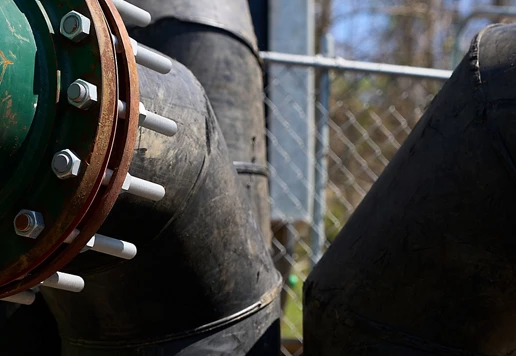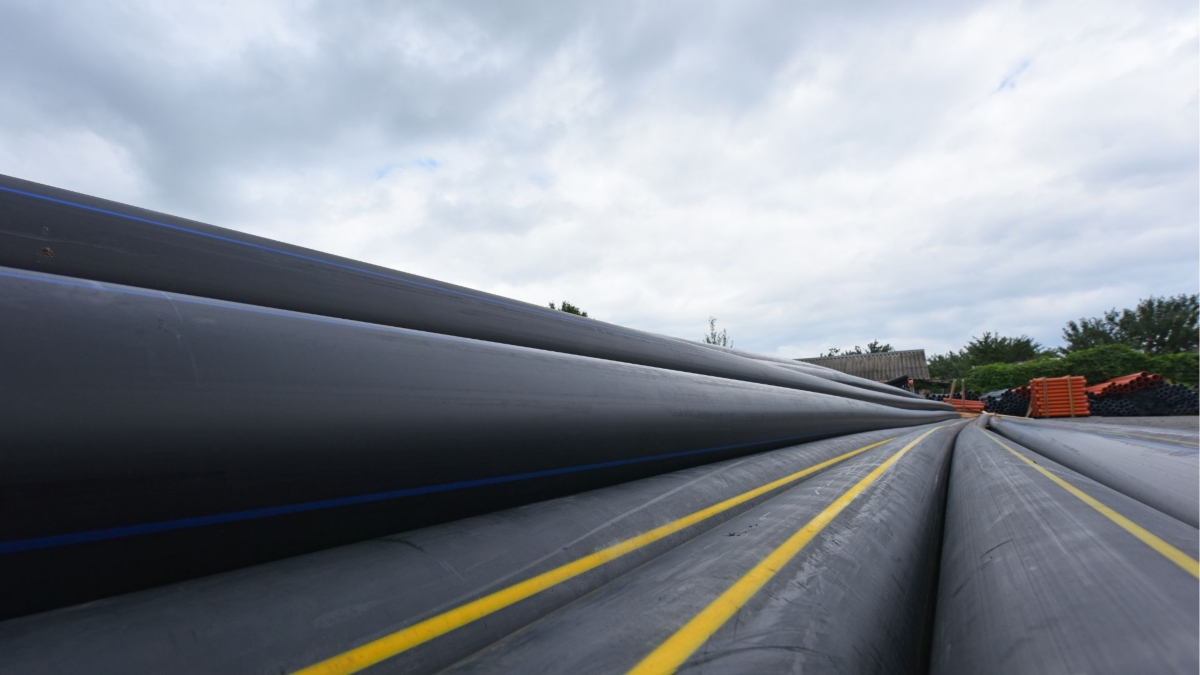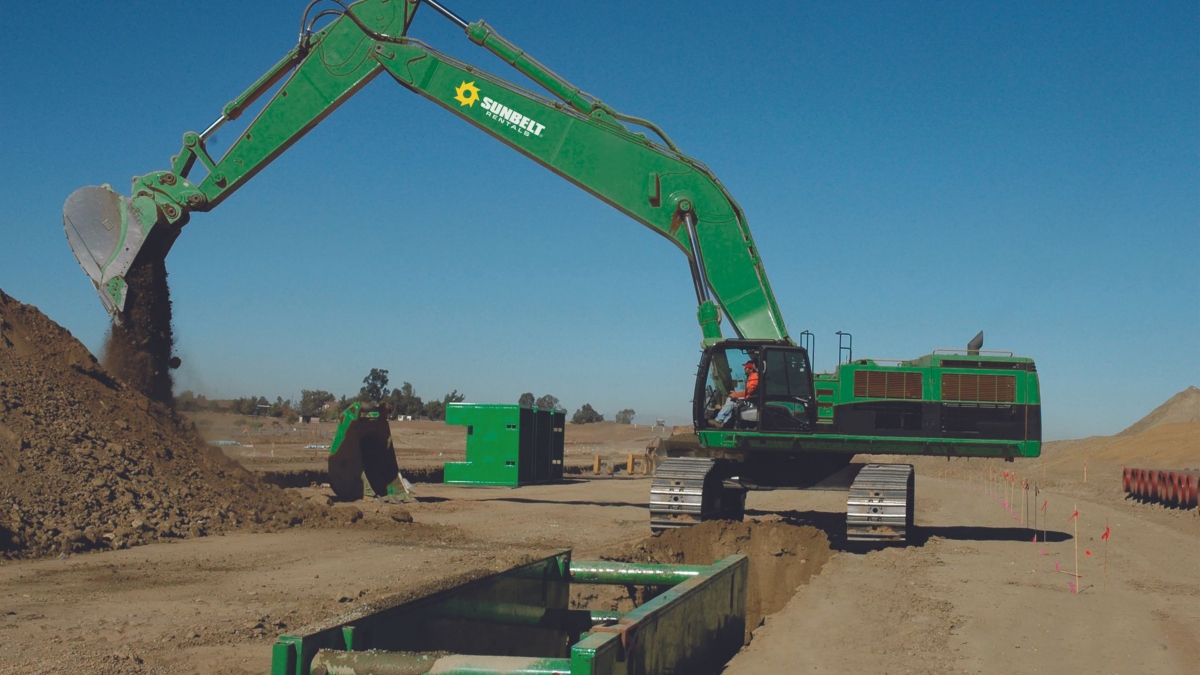-
Equipment and Tools
-
Aerial Work Platforms, Scaffolding And Ladders
- See all
- Atrium Lift
- Cranes / Boom Trucks
- Electric Scissorlifts
- Low-Level Access
-
Manlift Articulating
- See all
- Manlift Articulating 120' - 135' Combustion
- Manlift Articulating 30' - 39' Combustion
- Manlift Articulating 30' - 39' Electric
- Manlift Articulating 34' - 39' Towable
- Manlift Articulating 40' - 49' Combustion
- Manlift Articulating 40' - 49' Electric
- Manlift Articulating 50' - 59' Towable
- Manlift Articulating 60' - 69' Combustion
- Manlift Articulating 60' - 69' Electric
- Manlift Articulating 80' - 89' Combustion
- Manlift Straight Boom
- Mast Boom Lift
- One Man Drivable
- One Man Push Arounds
- Power Accessories
- Rt Scissor
- Scaffolding And Ladders
- Straddle Adapter
-
Air Compressors And Air Tools
- See all
- Air Compressor Aftercoolers / Filters / Separators / Dryers
-
Air Compressors
- See all
- Air Compressors 1000cfm - 1300cfm
- Air Compressors 1000cfm - 1300cfm Instrument Quality
- Air Compressors 1500cfm - 1800cfm Instrument Quality
- Air Compressors 300cfm - 400cfm
- Air Compressors 300cfm - 400cfm Instrument Quality
- Air Compressors 5cfm - 85cfm
- Air Compressors 600cfm - 900cfm
- Air Compressors 600cfm - 900cfm Instrument Quality
- Air Compressors 90cfm - 250cfm
- Air Compressors Electric 100cfm - 1000cfm
- Air Compressor Accessories
- Air Impact Wrenches
- Air Nailers & Staplers
- Air Tools - Contractor
- Air Tools - Demolition
- Air Tools - Industrial
- Compaction
-
Concrete And Masonry
- See all
- Battery Powered Saw
- Concrete - Finishing Equipment
- Concrete - Surface Preparation Equipment
-
Concrete / Masonry - Cutting & Drilling Equipment
- See all
- Concrete& Asphalt Floor Saws - Push Type
- Concrete And Masonry Blades
- Concrete Dowel Drills
- Core Drill Bits
- Crack Chasers
- Cutoff Saws Hand Held/ Gas/ Air/ Electric/ Hydraulic
- Diamond Chain Saws
- Diamond Core Drills
- Early Entry Concrete Saws
- Masonry Saws
- Street Saws Self-Propelled
- Tile Saws
- Concrete Water Accessories
- Concrete / Masonry - Mixing & Placing Equipment
-
Cooling, Heating, Drying And Indoor Air Quality
- See all
- Air Management - Accessories
- Air Management - Air Scrubbers
- Air Management - Dehumidifier
- Air Management - Fans & Blowers
- Boilers
- Cooling - Air Conditioning
- Cooling - Air Handlers
- Cooling - Chillers
- Cooling - Cooling Tower
- Cooling - Spot Cooler
- Fans / Blowers / Ventilators
- Heating - Accessories
-
Heating - Direct Fired
- See all
- 201k-300k Btu Kerosene Heater Dir
- 20k-80k Btu Kerosene Heater Dir
- 301k-400k Btu Kerosene Heater Dir
- 301k-400k Btu Lp/Ng Heater Dir
- 40k-70k Btu Kerosene Heater Dir
- 81k-200k Btu Kerosene Heater Dir
- Propane Convection& Radiant Heaters 22k - 200k Bt
- Propane/Natural Gas Direct-Fired Heaters 30k-2.5m
- Heating - Electric
- Heating - Flameless
- Heating - Hydronic / Ground
-
Heating - Indirect Fired
- See all
- 1000k Btu And Up Kerosene Heater
- 1000k Btu And Up Lp/Ng Heater
- 1mil - 5mil Btu Diesel Heater
- 201k-300k Btu Kerosene Heater
- 301k-400k Btu Kerosene Heater
- 301k-400k Btu Lp/Ng Heater
- 401k-500k Btu Kerosene Heater
- 401k-500k Btu Lp/Ng Heater
- 501k-999k Btu Diesel Heater
- 501k-999k Btu Kerosene Heater
- 501k-999k Btu Lp/Ng Heater
- 81k-200k Btu Kerosene Heater
- Heating - Steam / Hot Water
-
Earth Moving
- See all
- Backhoe Loaders
- Dozers & Crawler Loaders
- Excavators
- Hydraulic Breakers & Demolition Attachments
- Mini Excavators
- Motor Graders
- Rental Vehicles
-
Skidsteer Loaders
- See all
- Compact Skidsteer Loader
- Skidsteer Loader 999lb& Under
- Skidsteer Loader 1000-1499lb
- Skidsteer Loader 1100-1500lb Track
- Skidsteer Loader 1500-2000lb
- Skidsteer Loader 1500-2100lb Track
- Skidsteer Loader 2000-2800lb
- Skidsteer Loader 2100-2800lb Track
- Skidsteer Loader 2800-3200lb Track
- Ride On Skidsteer Attachments
- Skidsteer Attachments
- Tractors & Landscape Loaders
- Trenchers
- Wheel Loaders
- Floor Care
-
Forklifts
- See all
- Forklift Accessories
- Forklifts - Industrial
- Forklifts - Straight Mast Rt
- Forklifts - Telehandler
-
Material Handling Equipment
- See all
- Aluminum Dockplates
- Aluminum Loading Ramps
- Appliance Trucks
- Banding Kits
- Cricket Pipe Dolly
- Dry Wall Lift& Carts
- Duct Jacks/ Genie Material Lifts
- Glass Manipulators
- Grasshopper Pipe Dolly
- Hand Trucks
- Hilman Rollers/ Roller Skid Systems
- Hydraulic Rol-A-Lift
- Johnson Bar/ Pry Dollies
- Load Binders
- Pallet Pullers
- Pallet Trucks
- Platform Trucks
- Roust-A-Bout Portable Lift
- Stairclimbing Motorized Hand Trucks
- Warehouse Dolly
-
General Construction Tools
- See all
- Abrasive Blasting Equipment
- Batteries And Chargers
- Battery Powered Air Compressor
-
Battery Powered Tools
- See all
- Angle Grinders - Battery
- Circular Saws - Battery
- Compound Miter Saws - Battery
- Drywall Screwdrivers - Battery
- Hand-Held Band Saw - Battery
- Hand-Held Drills - Battery
- Impact Wrenches - Battery
- Miscellaneous - Battery
- Nailers - Battery
- Orbital Sanders - Battery
- Portable Table Saw - Battery
- Reciprocating Saws - Battery
- Rotary And Demolition Hammers - Battery
- Battery Powered Vacuum
- Chain Hoists & Air Winches
- Conveyors
- Drain & Sewer Cleaning & Inspections
-
Electric Tools
- See all
- Angle Grinders
- Belt Sanders
- Circular Saws
- Compound Miter Saws
- Die Grinders
- Drywall Screwdrivers
- Hand-Held Band Saw
- Hand-Held Drills
- Heat Gun
- Impact Wrenches
- Jigsaws
- Magnetic Drills
- Orbital Sanders
- Planers
- Portable Table Saw
- Reciprocating Saws
- Rotary And Demolition Hammer Accessories
- Rotary And Demolition Hammers
- Routers
- Shears& Nibblers
- Stationary Chop Saw
- Hydraulic / Electric Torque Wrenches / Enerpac
- Hydraulic Cylinders / Enerpac Jacking Systems
- Hydraulic Pumps / Enerpac
- Hydraulic Tools / Enerpac
- Industrial Vehicles
- Jacks - Bottle / Screw / Toe Jack
- Laser & Optical Levels
- Lighting Equipment
-
Mechanical & Electrical Contractor Trade Tools
- See all
- Cable Feeder
- Cable Reel Roller - Electric
- Cable Reel Stands/ Spindles
- Chain Vice/ Tri-Stand/ Pipe Stands
- Crimping Tools - Electric
- Crimping Tools - Manual
- Electric Cable Pullers& Sheaves
- Electric Conduit Benders
- Electric Pvc Heaters/ Pvc Benders
- Geared Threader/ Hog Head
- Hole Cutting Tool
- Hydraulic Conduit Benders
- Hydraulic Punch Drivers/ Knockout Sets
- Manual Pipe Tools& Accessories
- Mechanical Conduit Benders
- Pipe Threaders - Electric
- Power Fish System
- Power Pipe Cutters
- Victaulic Roll Groovers
- Wire Carts/ Dispensers
- Miscellaneous
- Paint Sprayers
- Pressure Washers
- Siding Brake
- Site Services
- Storage Containers / Jobsite Storage
- Traffic Safety Equipment
- Trailers
- Welding & Plasma Cutting Equipment
- Generators And Accessories
- Ground Protection
-
Lawn, Landscape, And Tree
- See all
- Battery Powered Lawn & Landscape
-
Lawn & Landscape
- See all
- Backpack Sprayer
- Bed Edger/ Trencher
- Chain Saws
- Garden Tillers
- Gas-Powered Drill
- Hand Tools
- Hand-Held Metal Detector
- Hedge Trimmers
- Hydroseeder
- Lawn Aerators
- Lawn Dethatchers
- Lawn Mowers& Brush Cutters
- Lawn Overseeder
- Lawn Spreader& Roller
- Lawn Vacuum
- Leaf Blowers/ Mulchers
- Log Splitter
- Post Driver
- Post Hole Augers
- Sod Cutters
- Straw Blowers
- Trimmers& Pruners
- Wheelbarrows
- Stump Grinders
- Wood & Brush Chippers
- Load Banks
- Portable Ice Rinks And Pathways
- Pumps
- Refrigeration
- Temporary Containment Walls
- Temporary Fencing
- Temporary Structures
- Trench And Shoring Equipment
-
Aerial Work Platforms, Scaffolding And Ladders
-
-
Industry Solutions
Agriculture Equipment Amusement Theme Parks Automotive Equipment Aviation Equipment Civil Commercial Construction Equipment Educational Facility Equipment Emergency Restoration and Response Entertainment Venue EquipmentEvent Rentals Film & TV Production Golf Course Management Equipment Government Services Healthcare Hospitality Equipment Industrial Manufacturing Equipment Marine EquipmentMining Equipment Oil Gas Equipment Real Estate and Property Maintenance Retail Maintenance Equipment Stadium Maintenance & Cleaning Equipment Utility Services
-
Industry Solutions

Choosing the Right Pipe Testing Equipment for Your Project
Detailed and proper pipe testing is critical to ensuring safety, longevity, and regulatory compliance in any construction or maintenance project. However, choosing the right pipe testing equipment for your project can become complex due to the diverse selection of pip materials, diameters, and testing requirements according to the Occupational Safety and Health Administration (OSHA) or any other regulatory body.
Considerations When Selecting Pipe Testing Equipment
This article aims to simplify the pipe-testing process by exploring the factors critical to selecting the right pipe-testing equipment for your project. We also familiarize you with the large collection of high-quality pipe testing equipment at Sunbelt Rentals sourced from trusted brands in the United States. Click any of the links below to learn more:

Understanding Your Project Needs
The kinds of pipe testing equipment you choose depend largely on the needs of your project. Various pipe testing equipment works better in varying circumstances. Picking the right one ensures that you get accurate results.
Below are some of the factors to consider when choosing the right pipe testing equipment for your project:
Pipe Material
Certain pipe testing equipment works better on specific materials. Therefore, knowing the material that your pipe is made of beforehand is critical to a successful pipe testing session. Popular choices for pipe materials in the industry include metal, plastic, and concrete.
Here is a brief overview of each material:
Metal Pipes: Metal pipes typically require pressure testing equipment to assess the structural integrity of the pipe using standard pressure testing methods. The 300 PSI Gas Hydrostatic Test Pump is a reliable pressure testing equipment for pipes.
Plastic Pipes: Plastic pipes are more susceptible to stress cracking, making them the perfect candidate for leak detection tests using leak detection equipment such as leak locator plugs.
Concrete Pipes: Concrete pipes are typically rigid and durable. However, they are susceptible to cracks, which makes them ideal candidates for flow measurement tests to ensure ideal flow and proper functionality in the absence of cracks.
The three-edge bearing test is a standard test for concrete pipes and is used to determine two values that are indicative of the quality and strength of the concrete pipe.
Pipe Diameter
Like most things pressure-related, the diameters of the pipes you are testing have a huge influence on the type of pipe testing equipment that you can use. Most pipe testing equipment, like pressure testing equipment, hydro-testing pipe equipment, and plumbing testing equipment, are diameter-dependent in terms of their accuracy and efficacy.
Large Diameter Pipes (12 Inches and Above):
- Common in municipal water and sewage systems, as well as industrial settings
- Inspection equipment may include large robotic crawlers, advanced camera systems, and specialized testing tools
- Non-destructive testing (NDT) methods like ultrasonic testing have become more common
Most pipe testing tools come with comprehensive size charts or tables that serve as quick references for choosing the right pipe inspection tools.
Smaller pipes typically require more delicate and highly sensitive equipment for accurate test results. Larger pipes, on the other hand, require robust and high-capacity solutions.
Pipe Diameter Size Chart
| Pipe Diameter Range | Typical Applications | Recommended Equipment |
| 1/2" to 2" | Residential plumbing | Push cameras, small robotic crawlers, acousitic devices |
| 2" to 12" | Industrial processes, sewer lines | ROVs, advanced camera systems, pressure testing |
| 12" and above | Municipal water/sewage systems | Large robotic crawlers, advanced cameras, NDT methods |
Testing Requirements
The kind of test carried out depends largely on the purpose of the test and what aspect of the pipe integrity needs to be tested. Some common tests include:
Pressure Testing: Pressure testing is the test carried out to determine a pipe’s ability to withstand internal pressure. The equipment used to carry out pressure testing depends on the pipe’s material and diameter. This test depends largely on the maximum design pressure of the system.
Leak Detection: Leak detection is carried out to determine whether there are leaks in a pipe and the location of those leaks. Leak detection is carried out using pipe testing equipment that can read the distinct sound produced by leaky pipes using acoustic sensors. Hydro-testing pipe equipment is typically used here.
Flow measurement: Flow measurement is used to test the efficiency of fluid flow through any particular pipe. The material and diameter of the pipe to be tested play huge roles in how flow measurement is performed. Flow meters are typically used for flow measurements in pipes.

Plugs
When a pipe is inspected for leaks, cracks, and other kinds of damage, it is critical to seal the area that is being worked upon. Pipe plugs are devices used to seal off a section of the piping system to allow for tests or repairs to be carried out without disturbing the rest of the system.
Below are the types of plugs you may use:
- Bypass Plugs: This type of plug is used to divert flow during testing without needing to shut down the rest of the system
- Test Plugs: This seals the pipe for pressure testing
- Inflatable Plugs: These plugs conform to the shape of pipes and can be used for various applications
Testing Accessories
For accurate pipe testing, several accessories, such as pressure gauges, valves, and adapters, are required. Sunbelt Rentals provides various pipe testing and flow diversion accessories like the pipe freezing tool to suit the needs of your project.
Flow Diversion Test Equipment
Flow diversion testing equipment helps to divert the flow of fluid in a pipe system as a means of reducing surge pressure. Flow diversion testing is crucial to pipe maintenance and repair. Sunbelt Rentals offers a large collection of flow diversion equipment options to suit your project needs.
Conclusion
Choosing the right pipe-testing equipment is just as important as the pipe-testing process itself. Choosing the wrong tool for the process can potentially mar the testing process and your results, rendering your efforts useless in the long run.
At Sunbelt Rentals, we maintain our continued dedication to providing you with an extensive inventory of safe and quality pipe testing equipment and expertise that suits your project’s needs at all times. We source our collection of pipe testing equipment from trusted brands.
Are you planning your next Trench and Excavation project?
Contact the Trench Safety rental experts at Sunbelt Rentals for all your Trench Safety training and equipment needs.
Trench Safety Resources
Dive deeper into Trench Safety with these related articles, blogs, and success stories.






